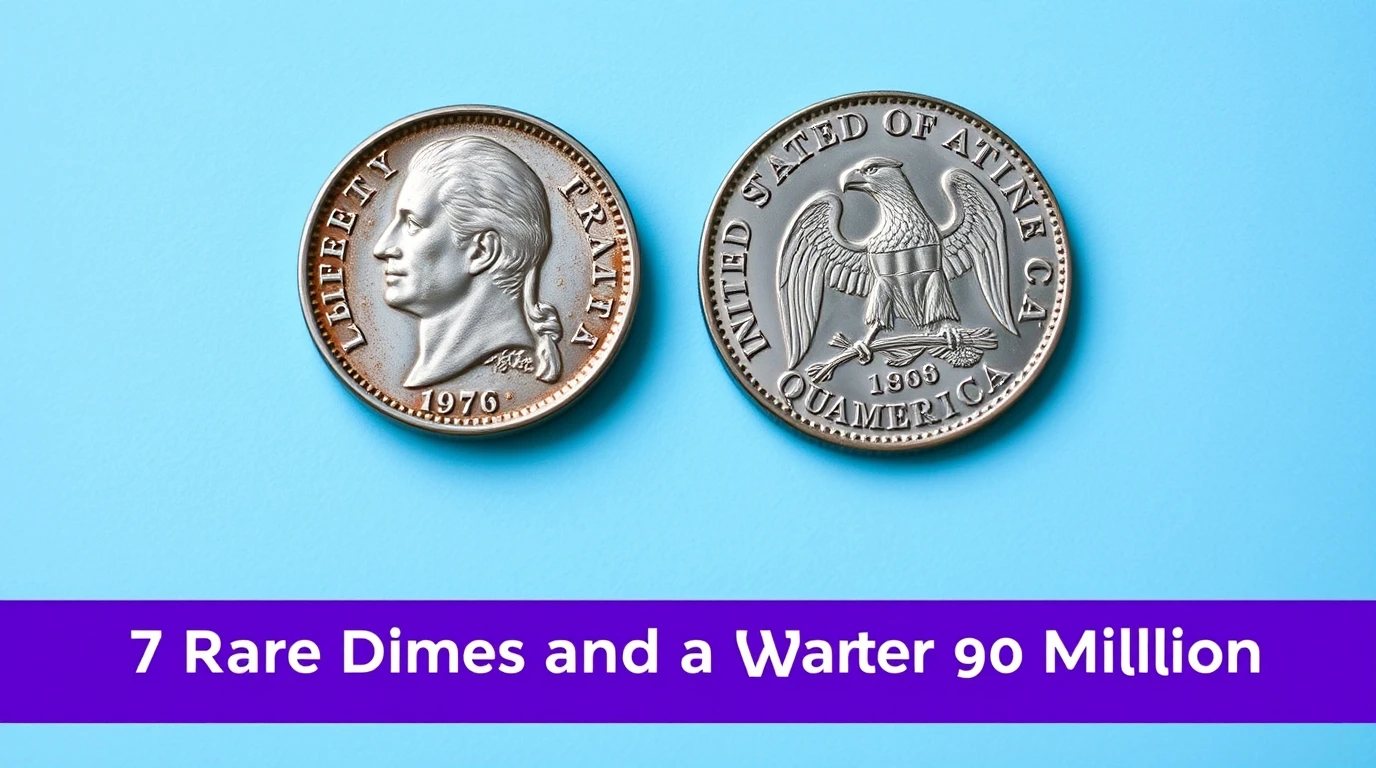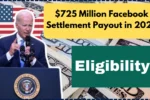Have you ever wondered if the coins jingling in your pocket could be more than just spare change? Certain coins, like the Bicentennial Quarter, hold much more value than their face value and could be worth thousands—or even millions—of dollars. Some rare dimes and special commemorative quarters have become treasures, attracting collectors and enthusiasts alike. The story behind these coins is as remarkable as their value.
In this article, we’ll take a look at seven rare dimes and the Bicentennial Quarter, uncovering what makes them so special, why they’re sought after by collectors, and how they could be hiding in your collection right now.
Rare Coins Overview
| Coin Name | Year | Special Feature | Value | Why It’s Valuable |
|---|---|---|---|---|
| 1894-S Barber Dime | 1894 | Only 24 minted | $1 Million+ | Extreme rarity |
| 1916-D Mercury Dime | 1916 | Denver “D” mint mark | $100,000+ | Limited mintage of just 264,000 |
| 1873-CC Seated Liberty Dime | 1873 | Carson City “CC” mint mark | $50,000+ | Historic and scarce |
| 1968 No-S Roosevelt Dime | 1968 | Missing “S” mint mark | $20,000 | Minting error |
| 1975 No-S Roosevelt Dime | 1975 | Missing “S” mint mark | $20,000 | Rare minting error |
| 1982 No-P Roosevelt Dime | 1982 | Missing “P” mint mark | $5,000 | First U.S. coin without mint mark |
| 1955 Double Die Roosevelt Dime | 1955 | Double-printed design | $2,000 | Minting flaw |
| Bicentennial Quarter | 1976 | Silver-clad or proof versions | $1,000+ | Special commemorative edition |
The 1894-S Barber Dime: A True Collector’s Gem
The 1894-S Barber Dime is one of the rarest and most coveted coins. Only 24 were minted at the San Francisco Mint, likely as gifts or test samples. Today, fewer than 10 of these coins are believed to exist, making them a prized possession for collectors. With a value exceeding $1 million, owning one of these dimes is like owning a piece of numismatic history.
The 1916-D Mercury Dime: Denver’s Hidden Treasure
The 1916-D Mercury Dime is one of the most valuable dimes ever minted, with a production run of only 264,000 coins. Its rarity, paired with the distinctive “D” mint mark on the reverse, makes it highly desirable among collectors. In pristine condition, it can fetch around $100,000.
The 1873-CC Seated Liberty Dime: A Western Classic
The 1873-CC Seated Liberty Dime was minted in Carson City, Nevada, and bears the famous “CC” mint mark, signifying its rare origin. These dimes were produced in limited quantities and are highly collectible, with prices reaching $50,000 or more for well-preserved examples.
The Curious Case of No-S Roosevelt Dimes
The No-S Roosevelt Dimes, minted in 1968 and 1975, are famous for their minting error—both lack the “S” mint mark. This error has made them highly sought after by collectors, with the 1968 and 1975 versions worth up to $20,000 in excellent condition.
The 1982 No-P Roosevelt Dime: The First of Its Kind
The 1982 No-P Roosevelt Dime is notable for being the first U.S. coin to be struck without a mint mark. While not as valuable as the 1968 or 1975 No-S versions, it can still fetch up to $5,000 depending on its condition.
The 1955 Double Die Roosevelt Dime: A Minting Oddity
The 1955 Double Die Roosevelt Dime is another error coin, with a double-printed design on parts of the coin, especially the date. While not as rare as some of the other coins on this list, it is still highly collectible, with prices reaching $2,000 or more in top condition.
The Bicentennial Quarter: A Symbol of History
The Bicentennial Quarter, minted in 1976 to celebrate America’s 200th anniversary, has become an iconic coin. While most of these quarters are common, the silver-clad and proof versions are far rarer and can be worth up to $1,000 or more. If you have a Bicentennial Quarter, it’s worth checking its weight and design to determine if it’s one of the rarer versions.
Why Do These Coins Command Such High Prices?
The value of coins like the Bicentennial Quarter or the 1894-S Barber Dime comes from their rarity and unique features. Limited production, minting errors, and historical significance all make these coins highly desirable to collectors. Minting errors are particularly prized, as they represent rare anomalies in the production process.



